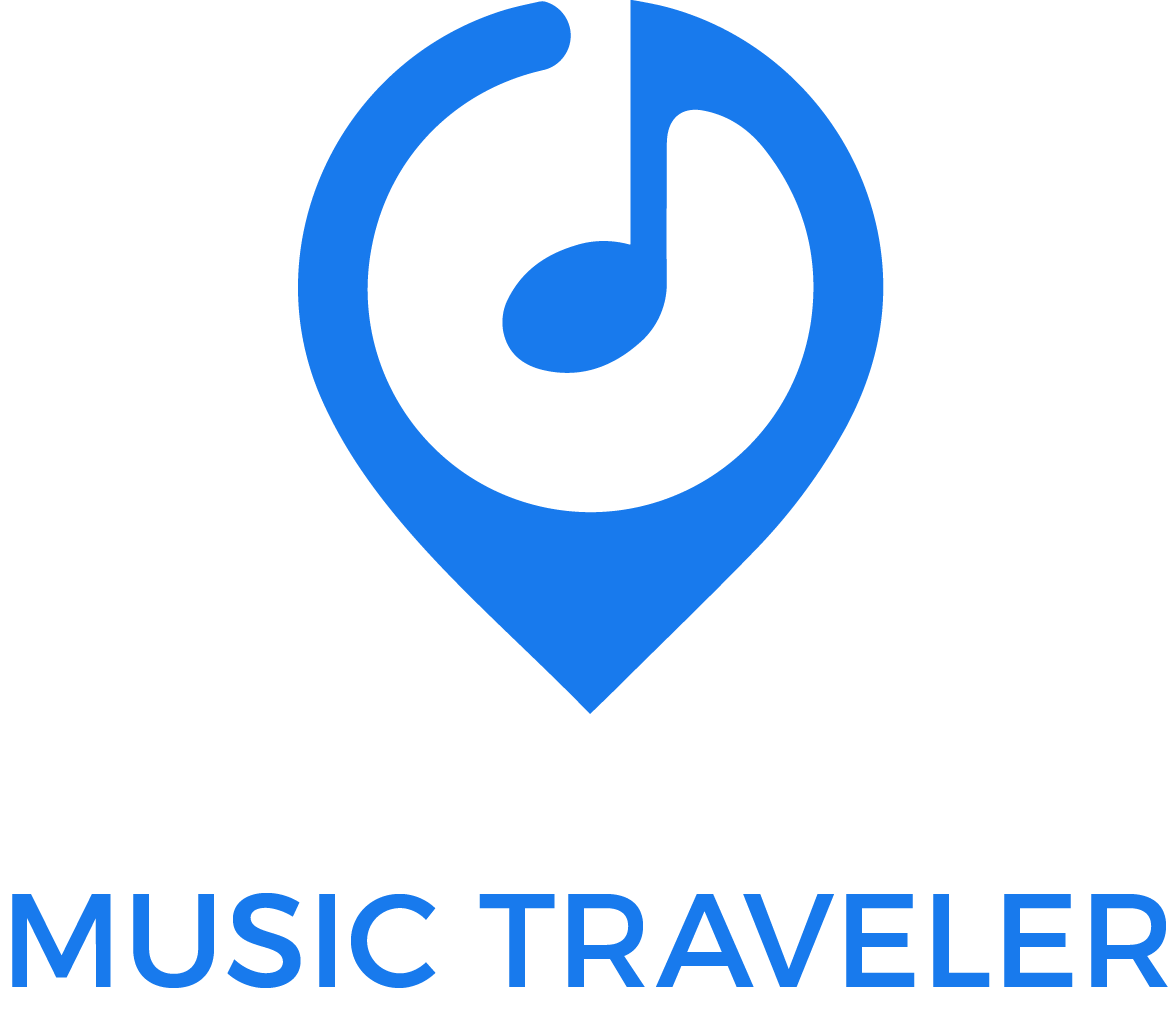Billy Joel
Singer-songwriter William Martin "Billy" Joel was born in the Bronx, New York, on May 9, 1949, to Howard and Rosalind Joel. Shortly after he was born, the family moved to a section of America's famous "first suburb," Levittown on Long Island. Although his father was an accomplished classical pianist, it was Joel's mother who pushed the young boy to study piano. He began playing at the age of four and showed an immediate aptitude for the instrument. By the time he was 16, Billy Joel was already a pro, having joined his third band before he could drive.
It wasn't long before the artist, inspired by the Beatles' iconic Ed Sullivan Show performance, committed heart and soul to a life in music. He dropped out of high school to pursue a performing career, devoting himself to creating his first solo album Cold Spring Harbor, which was released in 1971. The terms of Joel's contract with Family Productions turned out to be onerous and the artist was unhappy with the quality of the album they released. It wasn't a commercial success.
Disillusioned with trying to make it as a rock star, Joel moved to Los Angeles to fly under the radar for a while. In early 1972, he got a gig working as a lounge pianist under the pseudonym Bill Martin. His time playing at The Executive Room on Wilshire Boulevard would later be immortalized in his song "Piano Man," which describes a no-name lounge's down-and-out patrons.
With the momentum of the Top 20 single "Piano Man" to his name, Joel began recording new songs and albums, coming out with Streetlife Serenade in 1974. Many of his songs related to a growing frustration with the music industry and Hollywood, foreshadowing his exit from Los Angeles in 1976. As the years passed, Joel's style began to evolve, showing his range from pop to Through the 1980s, Joel would be crowned a hit-maker with smashes such as "Tell Her About It," "Uptown Girl," "Innocent Man" and "The Longest Time." He would release two volumes of Greatest Hits and become the first American performer to unleash a full-scale rock production in the Soviet Union. While churning out hits, Joel would also frequent the benefit circuit, performing with stars such as Cyndi Lauper and John Mellencamp to raise money for various causes.
In 1989, on the heels of the successful single "We Didn't Start the Fire," Joel was presented with the Grammy Legend Award. His professional success continued unabated into the early 1990s, although his personal life became somewhat dramatic. After the release of River of Dreams (1994), Joel slowed his studio recordings but continued to tour alone and in combination with fellow artists such as Elton John. In 1999, the worldwide sales of his songs passed the 100 million mark. Also that year, Joel was inducted into the Rock and Roll Hall of Fame by his idol, Ray Charles. Several years later, in 2013, Joel received the Kennedy Center Honors.

